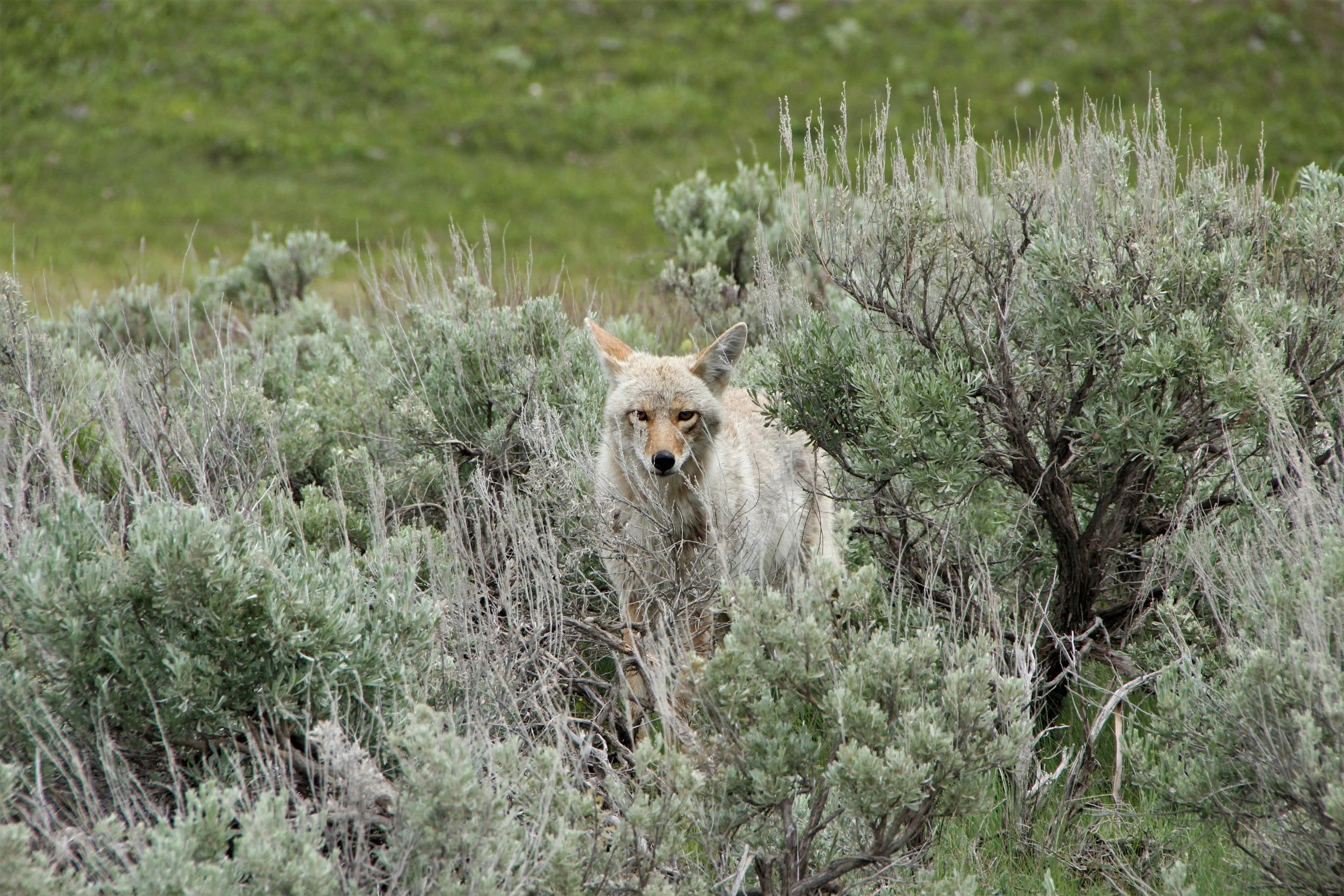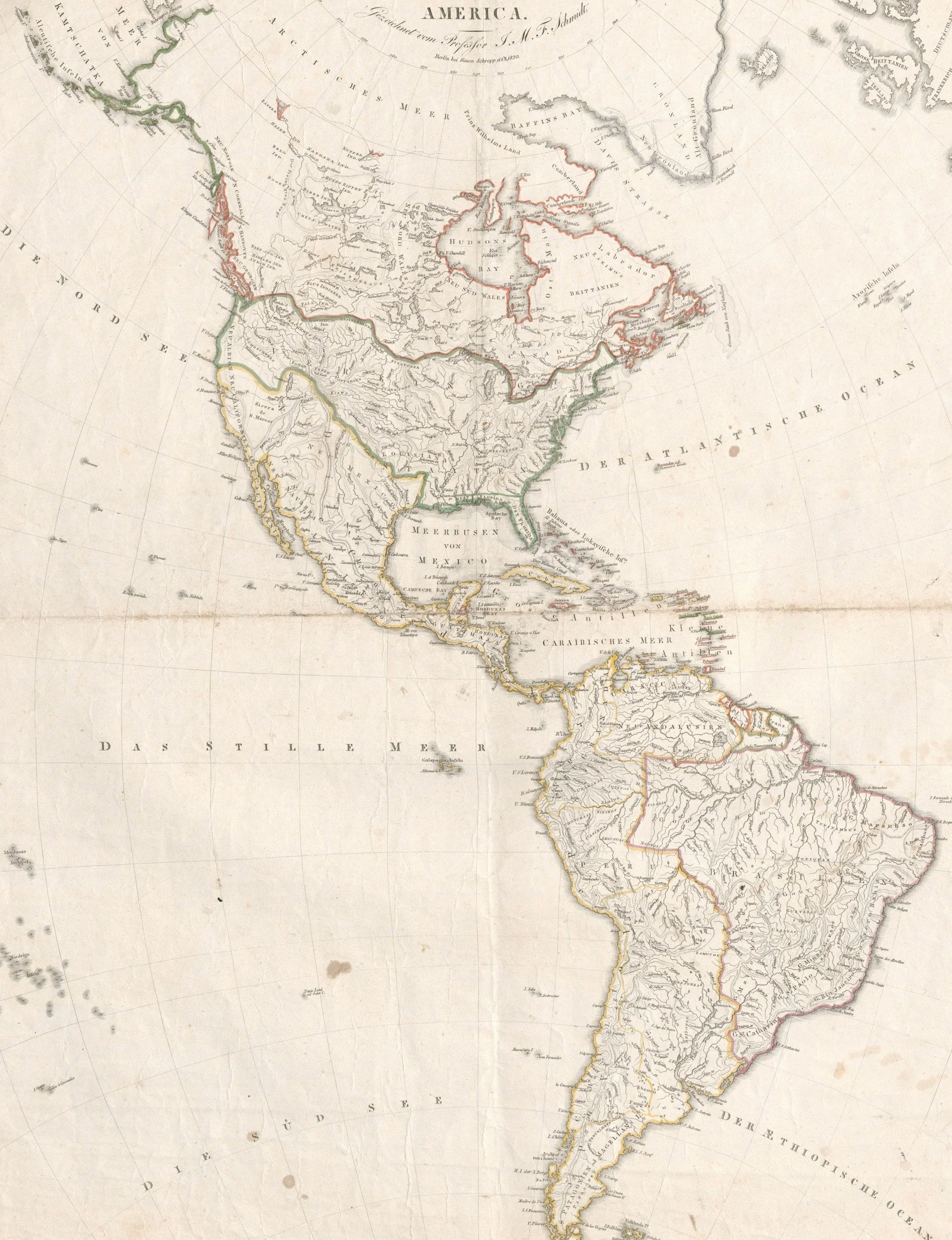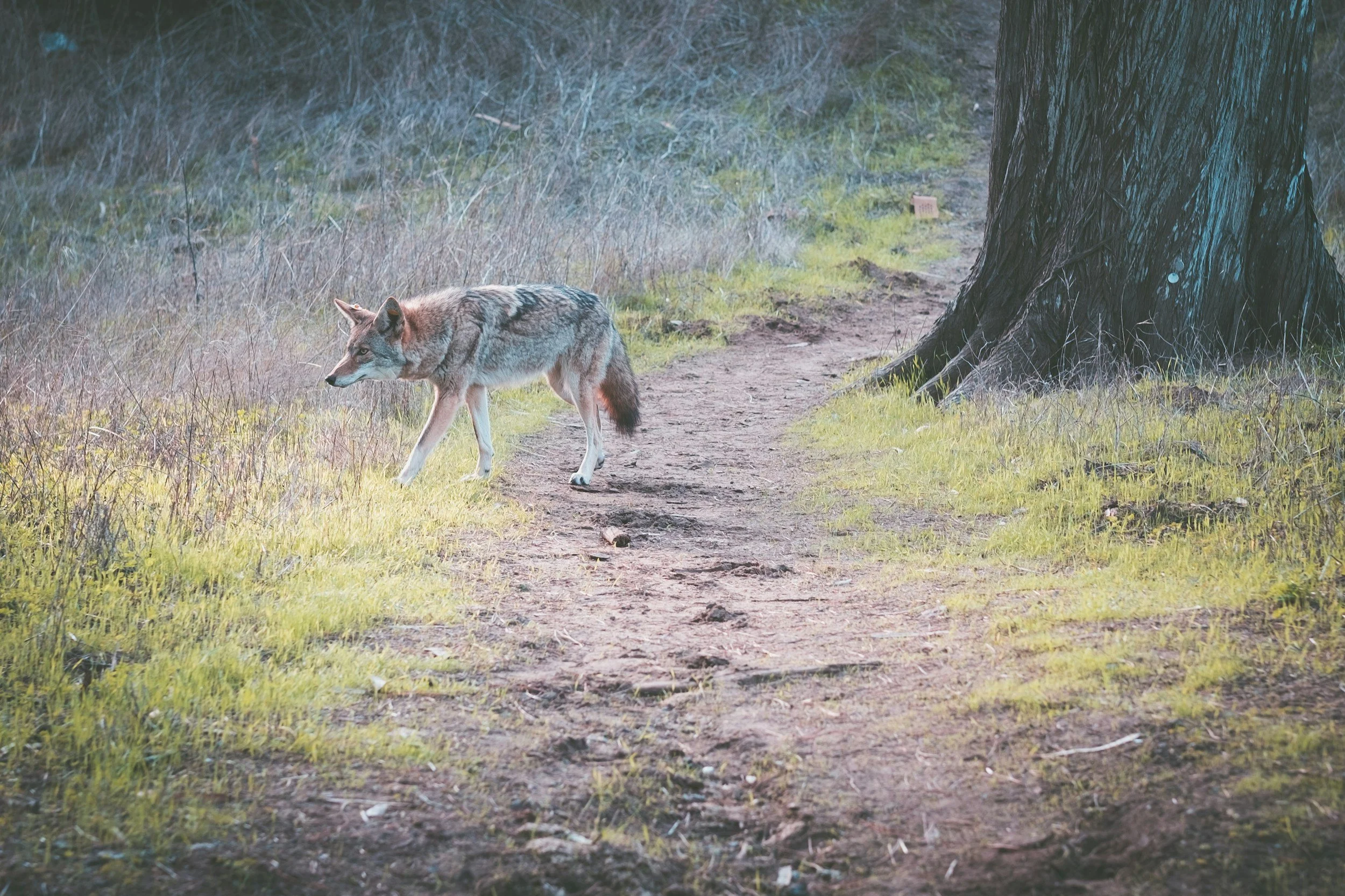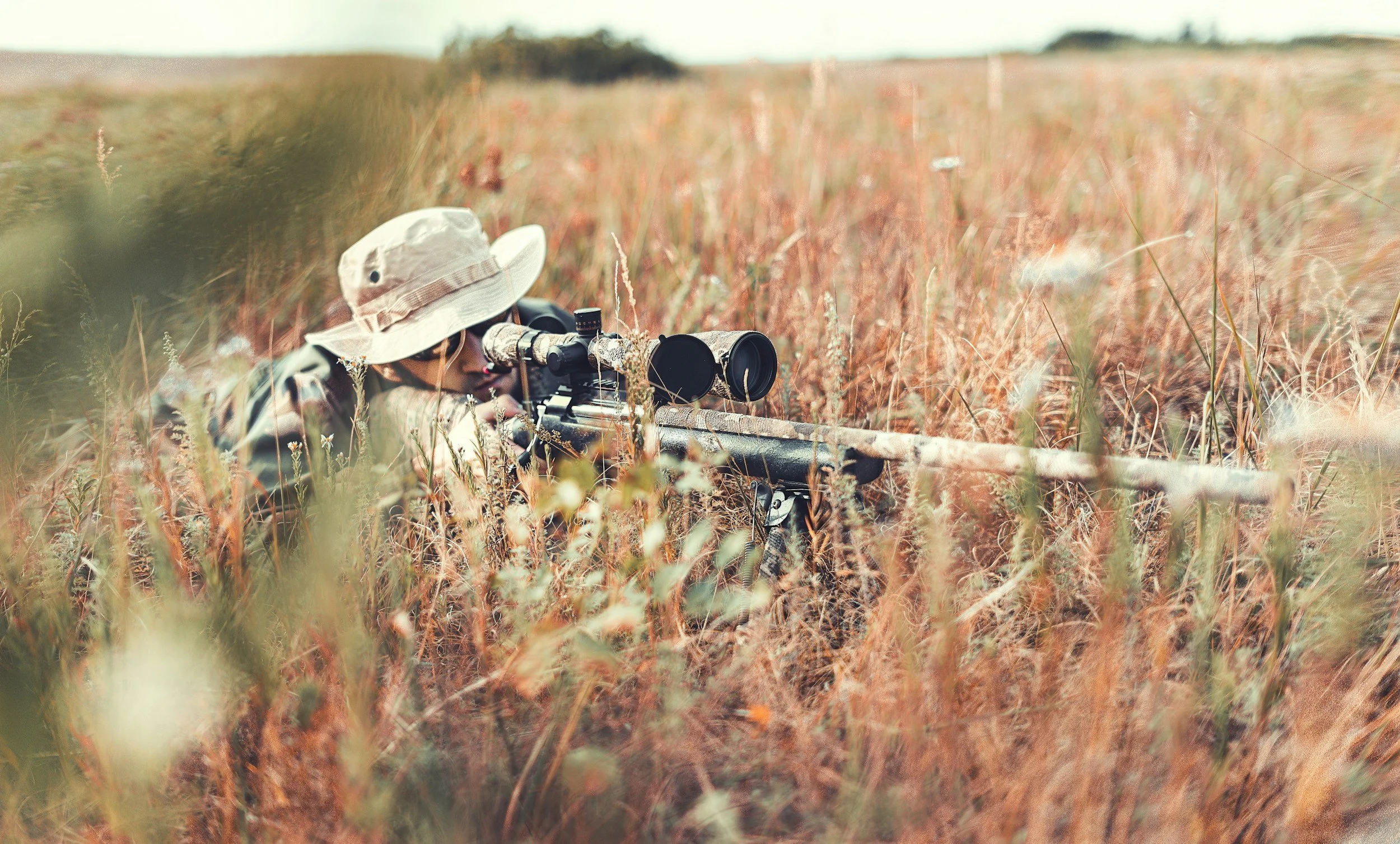Why Do People Kill Coyotes?
Coyotes are a natural predator of many things, including deer, rabbits, rodents, birds, small elk and even insects. They can pose challenges to livestock protection, disease control, and agriculture. Keeping their population at an adequate number is important for protecting against those said challenges. Understanding why people kill coyotes requires looking at multiple perspectives. In this article, we’ll go over the few reasons for hunting coyotes that are justifiable and recommended.
Humans' relationship with coyotes
As time goes on and the coyotes evolve and their population increases, spreading across more of the land, public sentiment toward these animals has grown increasingly negative. The hunting season for coyotes in many places has been extended all year long. The stigma against coyotes is rising, and in some instances, this is justified. Coyotes do cause problems; however, despite these challenges, it is important to recognize that coyotes have their purposes and worth in the ecosystem. They help control rodent populations and maintain ecological balance. While the issues they cause cannot be ignored, it is also crucial to avoid an attitude of killing them on sight. In Utah, you can receive $50 for every coyote you kill under the predator control program. This is set in place to help the mule deer population.
Ecological Impact
Coyotes play a significant role in the ecosystem, but their growing population can lead to various challenges. One major concern is their impact on deer populations. Coyotes are known to prey on baby deer, particularly during the birthing season, which coincides with the time when coyotes have their pups. This natural timing makes fawns a convenient food source for coyotes. While coyotes are incredibly adaptable, they live best in the cooler to mild climates from Canada to Central America. Their expansion has brought them into closer contact with humans and domestic animals.
Their ability to increase or decrease litter sizes, known as compensatory reproduction, allows coyote populations to rebound quickly even when heavily hunted. This adaptation ensures their survival despite human efforts to control their numbers. Coyotes have mainly moved eastward, the opposite of the human westward expansion, moving into more populated areas rather than unsettled land. However, they remain absent from tropical regions like South America and isolated areas such as Hawaii, due to natural barriers like the ocean and the Amazon rainforest.
Livestock Protection
For farmers, hunters, ranchers, or anyone with someone or something to protect, the growing coyote population poses a significant threat. Coyotes do not differentiate between wild prey and domesticated animals, often killing chickens, calves, and other farm animals. Hunting coyotes serves as preventive maintenance to protect crops, livestock, and small children. Unchecked, coyote predation can lead to financial losses and economic hardship for farmers. If you see them come onto your property, it might be time to take matters into your own hands, like many already do.
Disease Control
Coyotes are not the cleanest crayons in the box. They often eat bugs, infected meat, and other nasty things. This behavior exposes them to various diseases, worms, ticks, and other parasites. Unfortunately, they can pass these on to domestic pets, including your family dog. No one wants their dog to catch rabies or canine distemper. Keeping the coyote population in check helps minimize the spread of these diseases, protecting both pets and humans from potential harm. For this reason, people kill coyotes.
Agricultural Impact
As omnivores, coyotes consume both plant and animal matter, as well as everything else under the sun. They do not respect crop boundaries because they don’t understand the concept of harvest fields and can destroy the plants, impacting farmers' livelihoods. Their preference for open land, which often includes agricultural fields, exacerbates this problem. To protect their land, crops, and homes, farmers will kill coyotes.
Hunting skills
Many people trap and hunt coyotes because it is much more difficult than hunting a deer. This is due to the coyote's exceptional senses for hearing, smelling, and seeing. You have to consider your position, noises, calls, clothing, and whether you are downwind or not when hunting a coyote. This will improve your hunting skills considerably for any game. These skills apply to all game, some more than others, but coyotes are among the most challenging to hunt due to their capabilities and preference for open range, where hiding spots are scarce. This experience translates into improved proficiency in hunting overall. So, hunt coyotes to improve your skills, but don’t do it just for the fun of the kill or hunt; it should be done with purpose, either for population control or necessity.
Ethical Considerations
Don’t kill coyotes out of boredom. Responsible hunting practices are important to balance population control and conservation. Authorities monitor coyote populations and can guide you on how many need to be managed to be beneficial. Coyotes shouldn’t be eradicated completely; they deserve to live like any other animal. While compensatory reproduction means they may have smaller litters when populations are high, what's normal for them might be too high for us. Human intervention is sometimes necessary to maintain a balance that suits both ecological and human needs. There is some merit to what Conservationists say, that every animal has a place in the food chain, and losing a species can disrupt this balance. Coyotes aren't particularly dangerous to adult humans but are a part of our ecosystem, and as such are necessary.
Conclusion
Coyotes are often seen as invasive due to their widespread presence and impact on various environments. They can be loud and annoying, especially at night, and they feed on game that hunters prefer to target. They live everywhere, eat anything, and can get into trash. Hunting coyotes is a great way to hone your skills because they are intelligent and have excellent senses. If you can master hunting coyotes, hunting almost anything else will be a walk in the park. Understanding why people kill coyotes involves considering the ecological, agricultural, and health-related reasons that justify managing their populations




